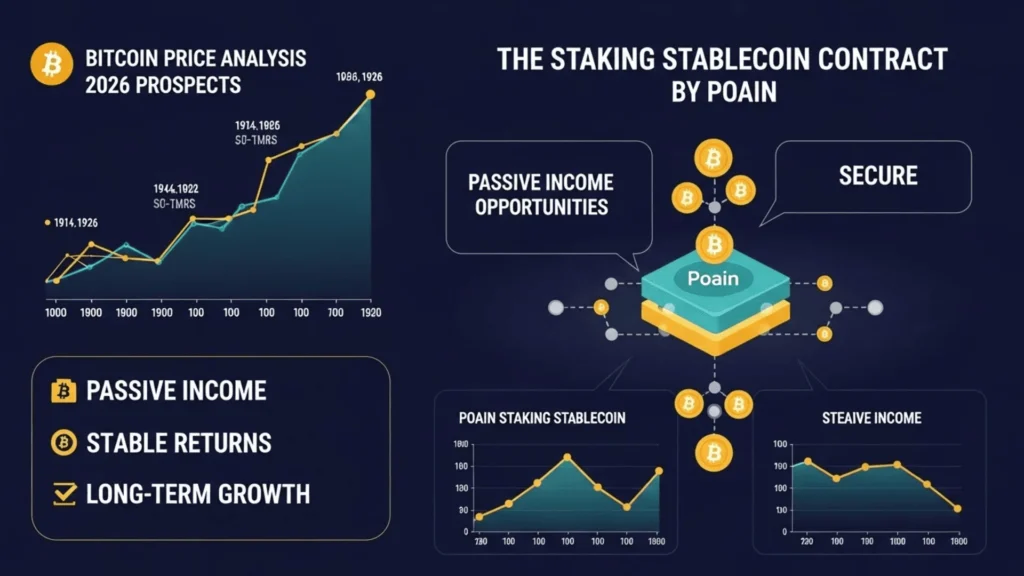Rivian has consented to pay $250 million to resolve a class-action lawsuit brought by shareholders after the company unexpectedly raised prices on its R1 pickup and SUV models in 2022.
According to the lawsuit, Rivian allegedly provided inaccurate information and statements in regulatory documents prior to its 2021 IPO regarding the expenses involved in manufacturing the R1 electric vehicles. While Rivian has agreed to the settlement, the company stated in a press release that it “disputes the claims in the lawsuit and asserts that settling does not constitute an admission of liability or misconduct.”
The settlement still requires approval from a judge in the U.S. District Court for the Central District of California. If approved, Rivian intends to cover $67 million of the settlement through its directors’ and officers’ liability insurance, with the remaining $183 million coming from its own cash holdings. As of June 30, the company reported $4.8 billion in cash and equivalents.
This settlement arrives at a critical moment for Rivian, as the company is actively preparing to launch its next-generation R2 SUV in 2026. The R2 will be priced significantly lower than the R1 series, and Rivian aims to produce them in much larger quantities. The automaker claims its Illinois facility can manufacture up to 150,000 units annually, and it is constructing a new plant in Georgia to build the R2 and future models.
Meanwhile, sales of the R1 have been underwhelming. Rivian anticipates that by the end of 2025, it will have delivered considerably fewer electric vehicles than in either 2024 or 2023. The market for Rivian’s products has also been affected by President Trump’s tariffs and the elimination of the federal EV tax credit.
In response, the company announced this week that it has let go of over 600 employees as part of a restructuring, with CEO RJ Scaringe stepping in as interim chief marketing officer.
Rivian began delivering its first R1 pickup trucks in late 2021. In March 2022, the company increased the prices of both the pickup and SUV by almost 20%, citing inflation, supply chain disruptions, and plans to launch more affordable models. (Deliveries of the R1S SUV started in August 2022.) The price increase applied to both new buyers and those who had already placed pre-orders and were on the waiting list.
The decision sparked outrage among customers and supporters, prompting Rivian to quickly reverse the price hike for those with existing preorders. Importantly, the announcement of the price increase also caused Rivian’s stock to drop, resulting in losses for investors.
“We made a mistake and let you down,” Scaringe wrote in a letter at the time. “Since founding Rivian over 12 years ago, I have made many errors, but this has been the most difficult one.”
Just days later, shareholder Charles Larry Crews filed a lawsuit against Rivian, alleging that the company misrepresented the actual costs of producing the R1 vehicles in its IPO filings. He argued that these misstatements contributed to the negative impact on the stock price following the price hike announcement. The case was certified as a class action in July 2024.

